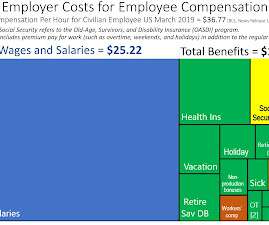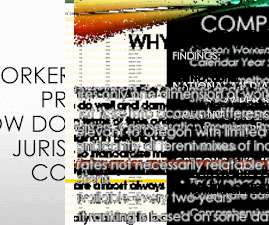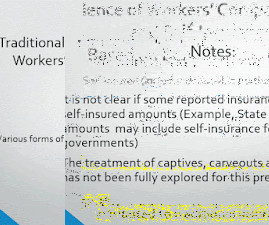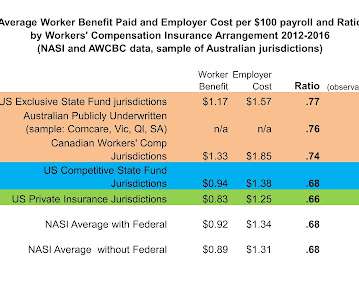Workers’ Compensation: What’s payroll got to do with it?
Workers' Compensation Perspectives
SEPTEMBER 30, 2019
“Payroll” used to have a simple meaning. According to the Online Etymology Dictionary: payroll (n.) For workers’ compensation, payroll can have different meanings depending on your jurisdiction and whether you are a worker or an employer. Wages and salaries cost employers $25.22












Let's personalize your content